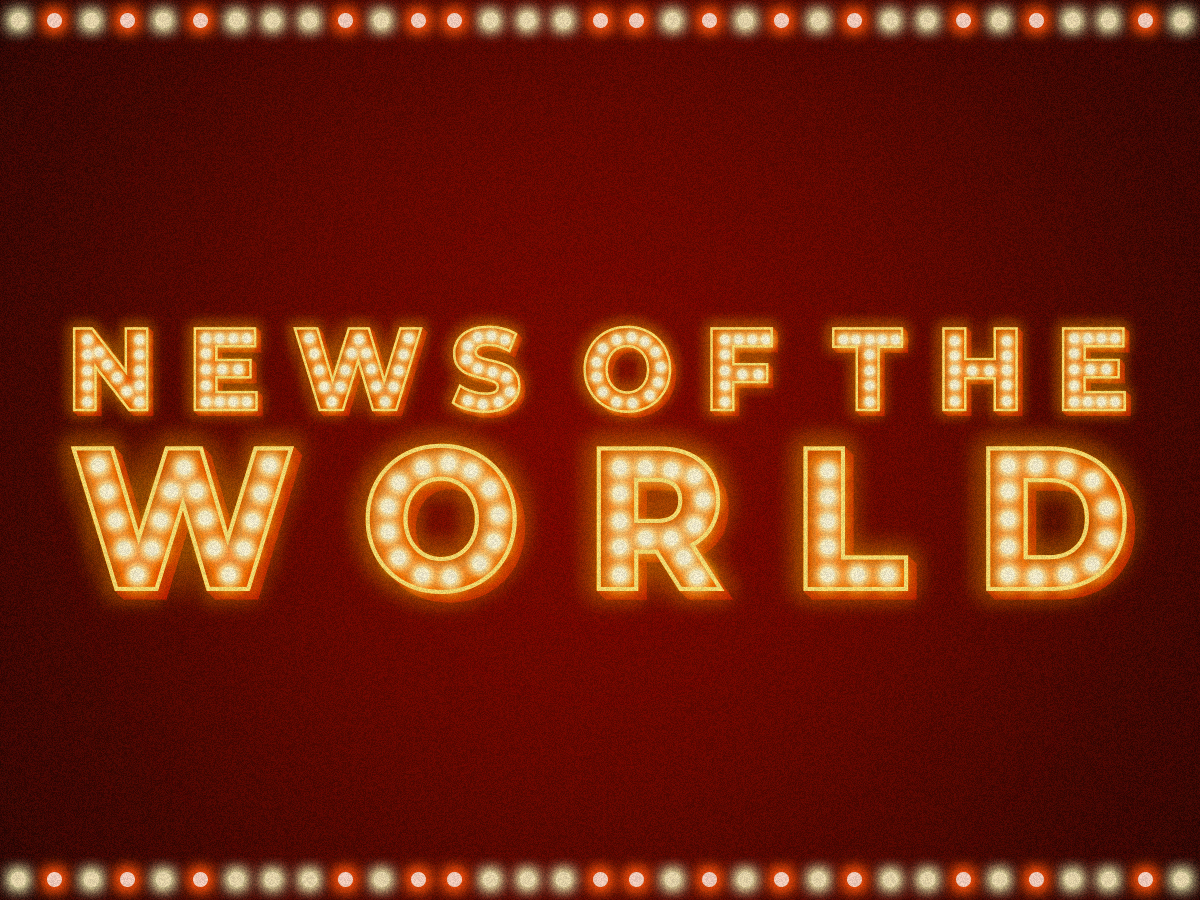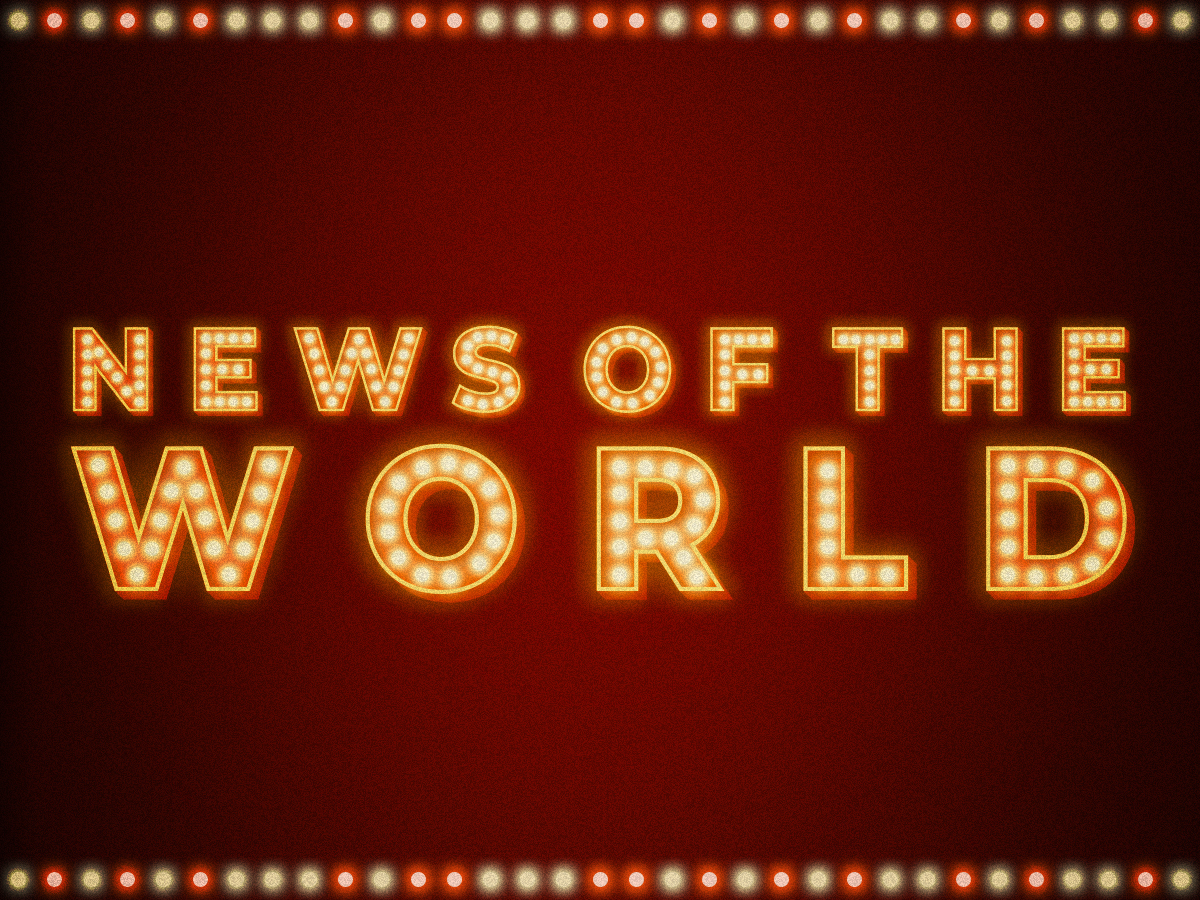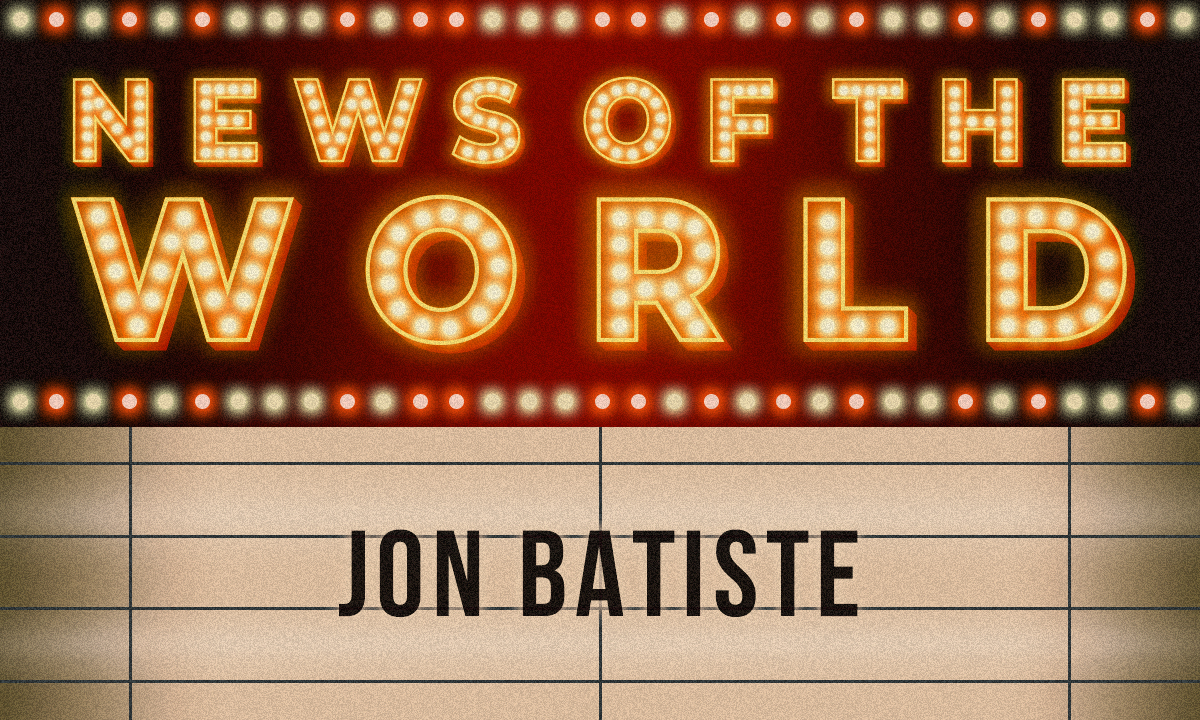
Do you know which Grammy category has the most interesting list of nominees? It's R&B/soul. This genre produces far more wildly unexpected nominees than any other. For every genre, there’s plenty of stories of artists failing to receive a nomination despite their musical talent. Most of all, like anyone else, I get into the fun (?) every time they release the list, saying, How did they not nominate this album?!, or, They chose this song?! But when artists/works that had lackluster performance or went unnoticed even among fans of the genre make the list, it’s a different story altogether.
Such was the case in 2014 for the 56th Grammy Awards, where Hiatus Kaiyote was nominated for Best R&B Performance and Mack Wilds for Best Urban Contemporary Album. The music they were making was wonderful, but their names held no special meaning for the public. It’s far more thrilling when the list is so unexpected like this than when it’s populated by famous names. This year, another unexpected name has graced the list: Jon Batiste.
Batiste’s album WE ARE, released in March, has been nominated in a whopping 11 categories, including Album of the Year, Record of the Year and Best R&B Album. And Batiste is already well-established as an artist. Most notably, he’s previously found fame in the realm of jazz and roots music (a collective term encompassing traditional rural genres including folk, bluegrass and blues). He’s also the leader of the house band for American talk show The Late Show with Stephen Colbert. Not to mention his connection to Disney’s 2020 animated film Soul, where he was the musical director for the soundtrack.
Despite all that, it was totally unexpected, given that WE ARE is an R&B album. Few could have foreseen him becoming nominated for one of his albums in such a category at the Grammys. His is still a name largely unfamiliar to R&B listeners, while the album itself (its musical genius notwithstanding) neither charted well nor saw much media coverage. It also saw him take a swing at singing, rather than just playing piano, his specialty. On top of that, he even rapped. If memory serves, this is the first time he’s put his vocals at the forefront this way. Now, don’t be mistaken—this isn’t because I was unfamiliar with Batiste’s work or underestimated him; WE ARE is one of the single most impressive albums I heard in the earlier part of this year. Ultimately, I’m happy that the album’s Grammy nomination will lead to more people knowing about it. This album is a notable masterpiece that people should listen to and not pass over.
The album owes its sound to retro soul. The retro soul revival is usually a reinterpretation of the elements of soul music of the past through the sound of today, or else the perfect reproduction of old styles and sounds. Batiste makes good use of both approaches on WE ARE. Some songs, like “WE ARE,” “CRY” and “I NEED YOU,” are based in soul, funk, gospel and blues with strokes of vintage to finish off their textures, while others are fresh takes, like the jazz–rock fusion rap track “WHATCHUTALKINBOUT,” or “BOY HOOD,” featuring PJ Morton and Trombone Shorty, with its blend of Southern hip hop’s trademark 808 drums and the trendy sounds of today. There’s also the instrumental track “MOVEMENT 11,” where Batiste exercises his perennial piano chops to enrich the track.
Although Batiste completed WE ARE while grappling with life during the pandemic, he nevertheless takes a rather positive and warm outlook toward life in the Black community and in society. He's not shutting out reality; rather, when the optimistic view he’s chosen combines with his outstanding music, it evokes considerable compassion from people like myself who are from different cultures and leaves a deep impression on them. And therein lies the ultimate power of Batiste’s music.
TRIVIA
Batiste’s ability to rap so skillfully on WE ARE is all thanks to his upbringing. He grew up in New Orleans listening to the music of prominent Southern hip hop stars like the Hot Boys, Master P and OutKast. There were also freestyle rap battles at his school during lunch break. In an interview with Time magazine back in April, Batiste said, “Hip hop is the new rock ‘n’ roll. Rappers are the new rock stars.”
Unauthorized reproduction and distribution prohibited.
- [NoW] 역사를 새로 쓴 여성 래퍼, 랩소디2020.11.20
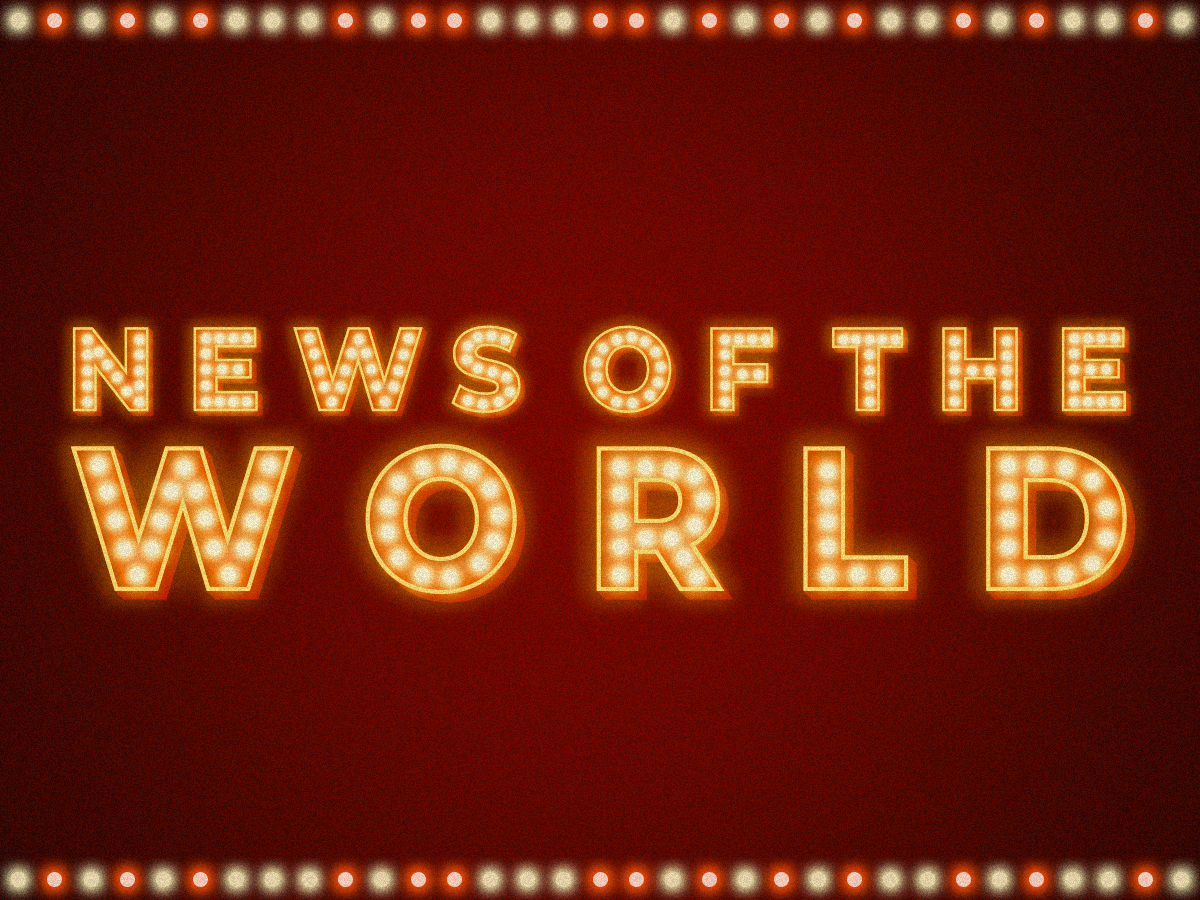
- [NoW] Jay Electronica, Back in 20202020.12.24
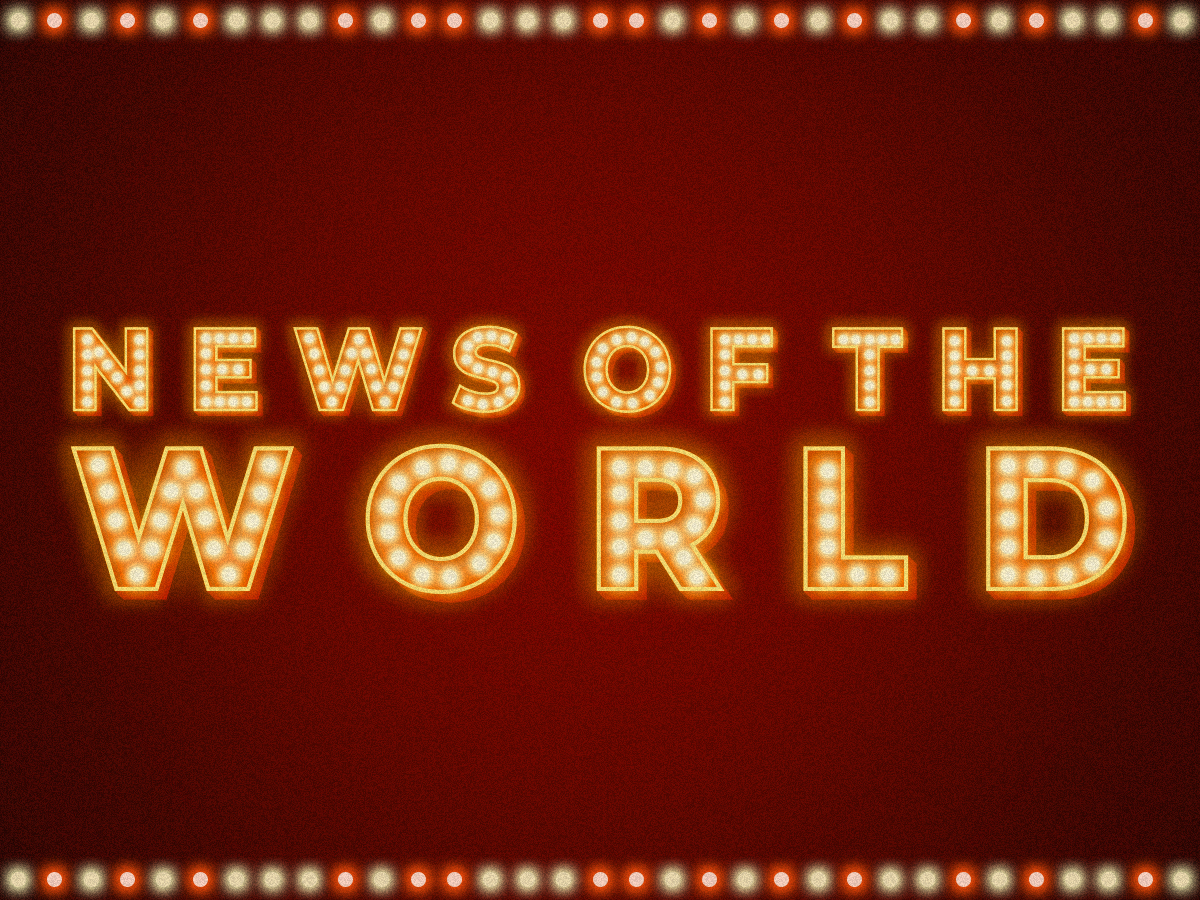
- [NoW] RIP MF Doom2021.01.22
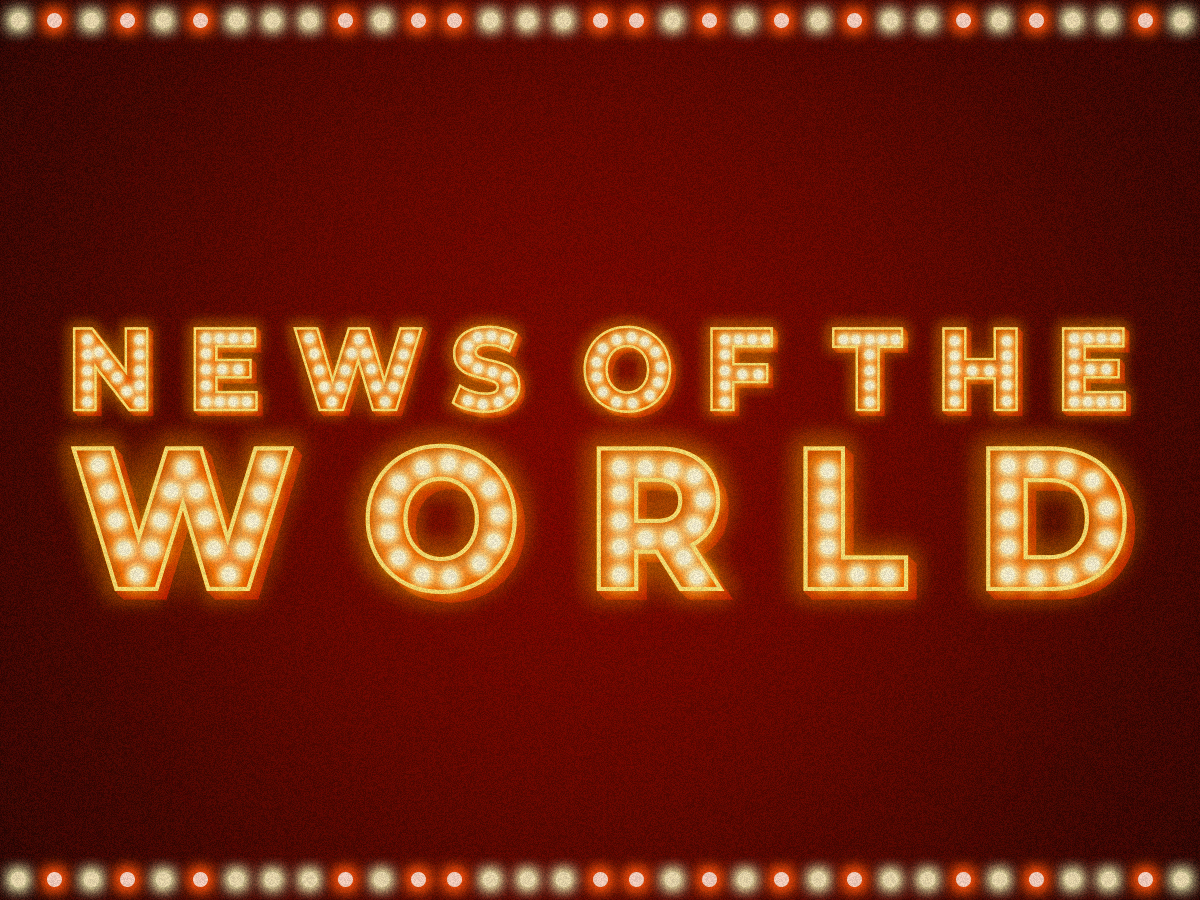
- [NoW] Lauryn Hill goes diamond2021.02.26
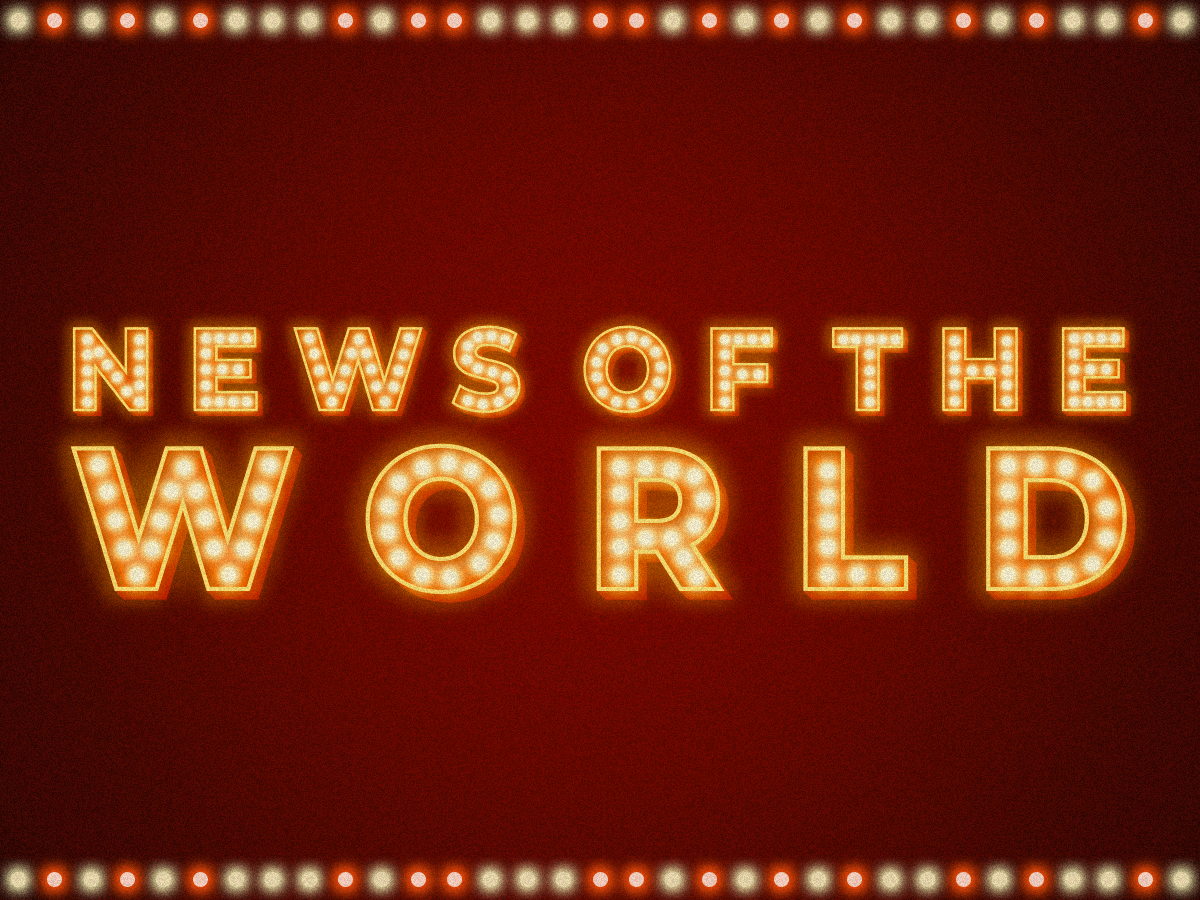
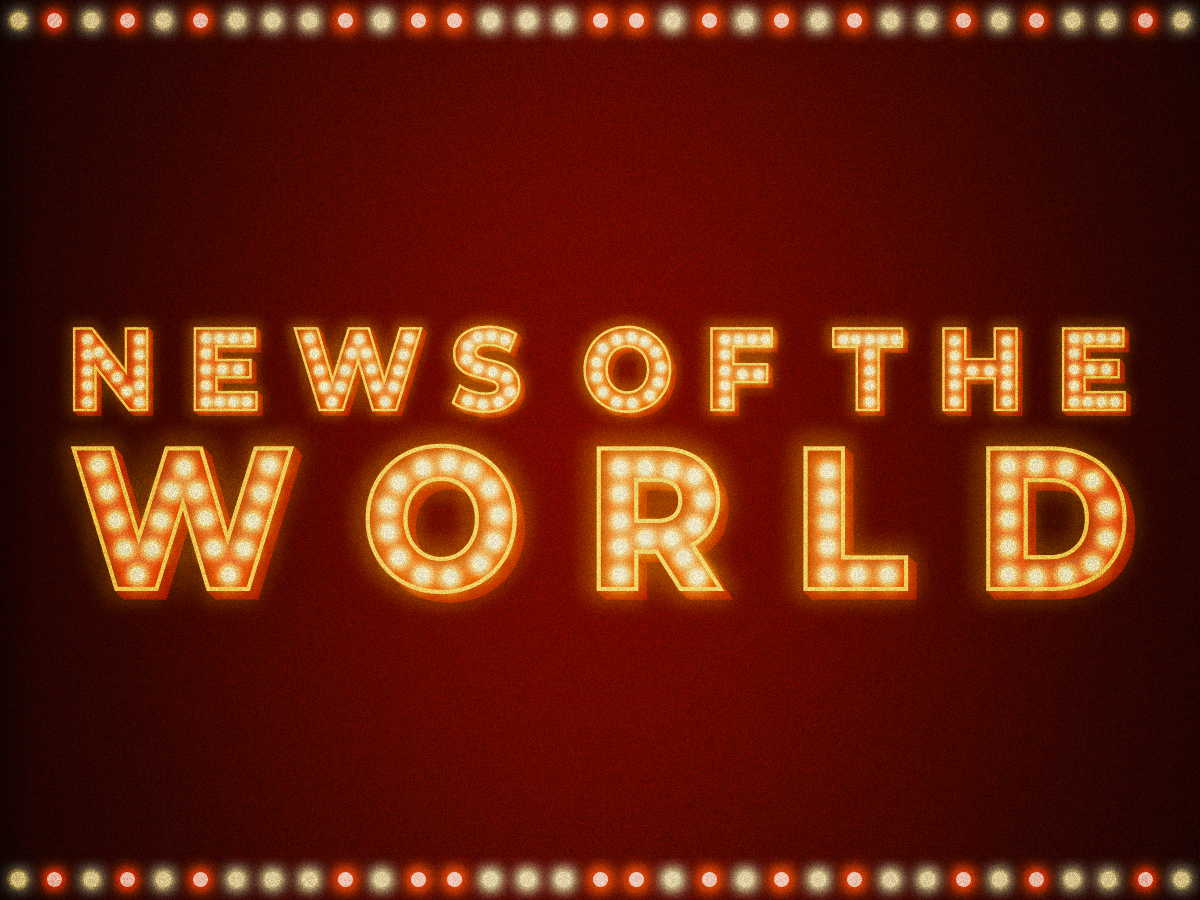
- [NoW] 콜 미 바이 유어 네임, Lil Nas X2021.04.23
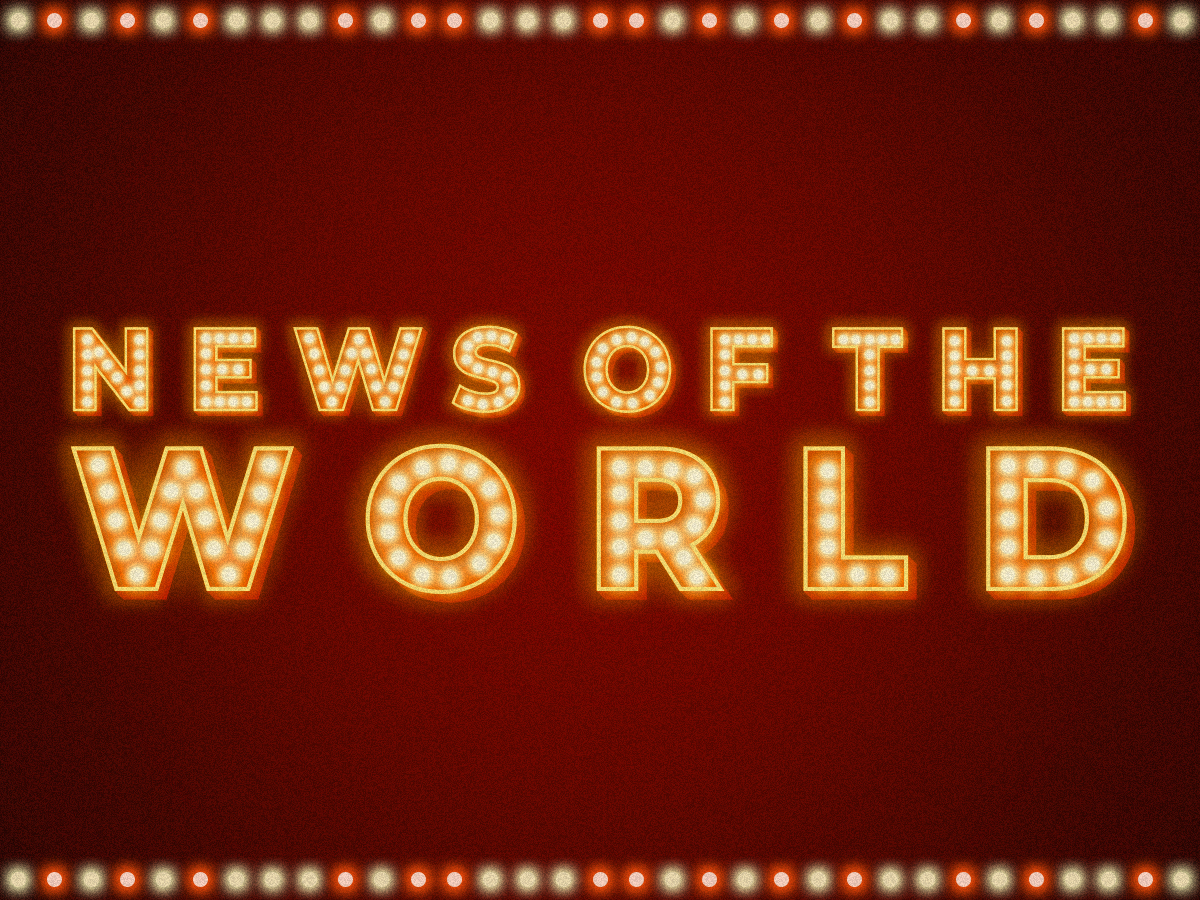

- [NoW] Kenny Beats2021.06.18


- [NoW] Hiatus Kaiyote2021.08.13
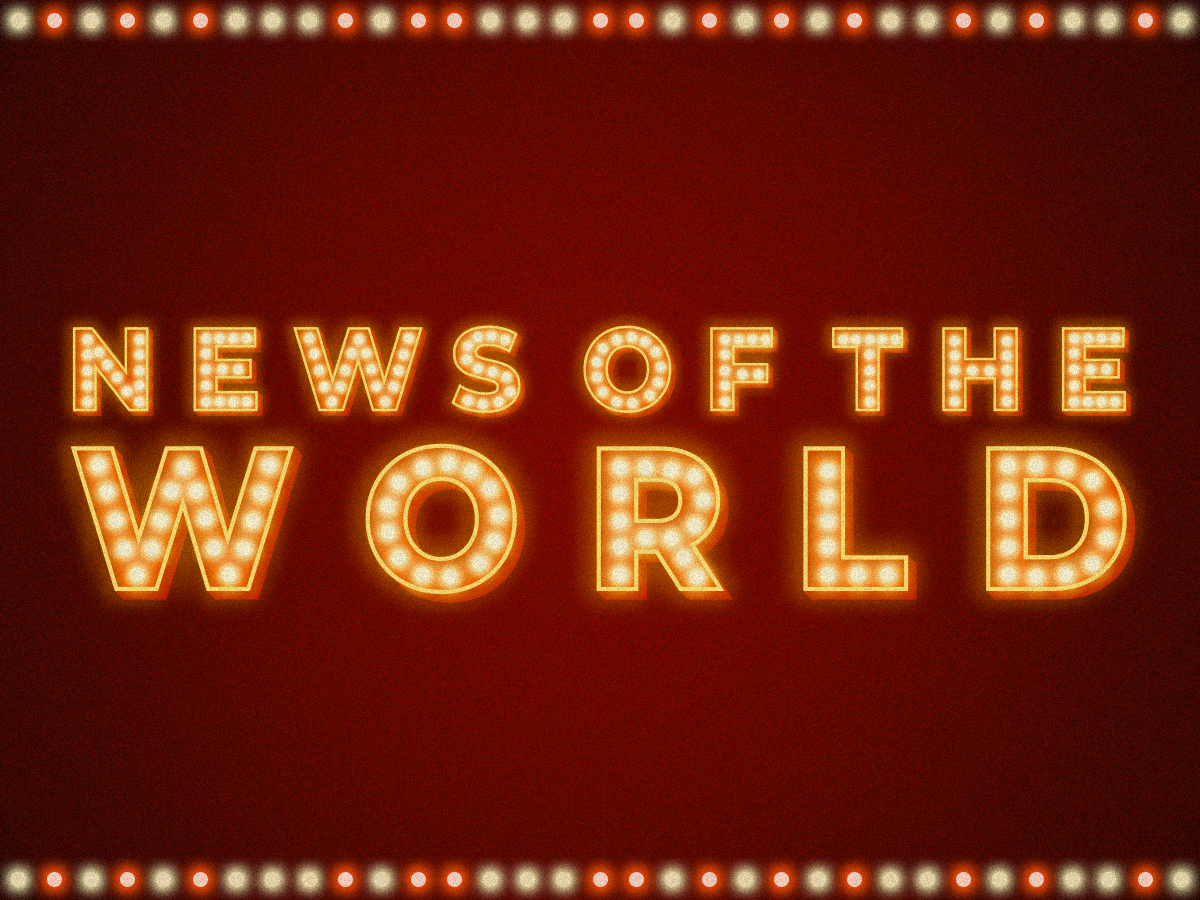
- [NoW] Lizzo’s “Rumors”2021.09.10
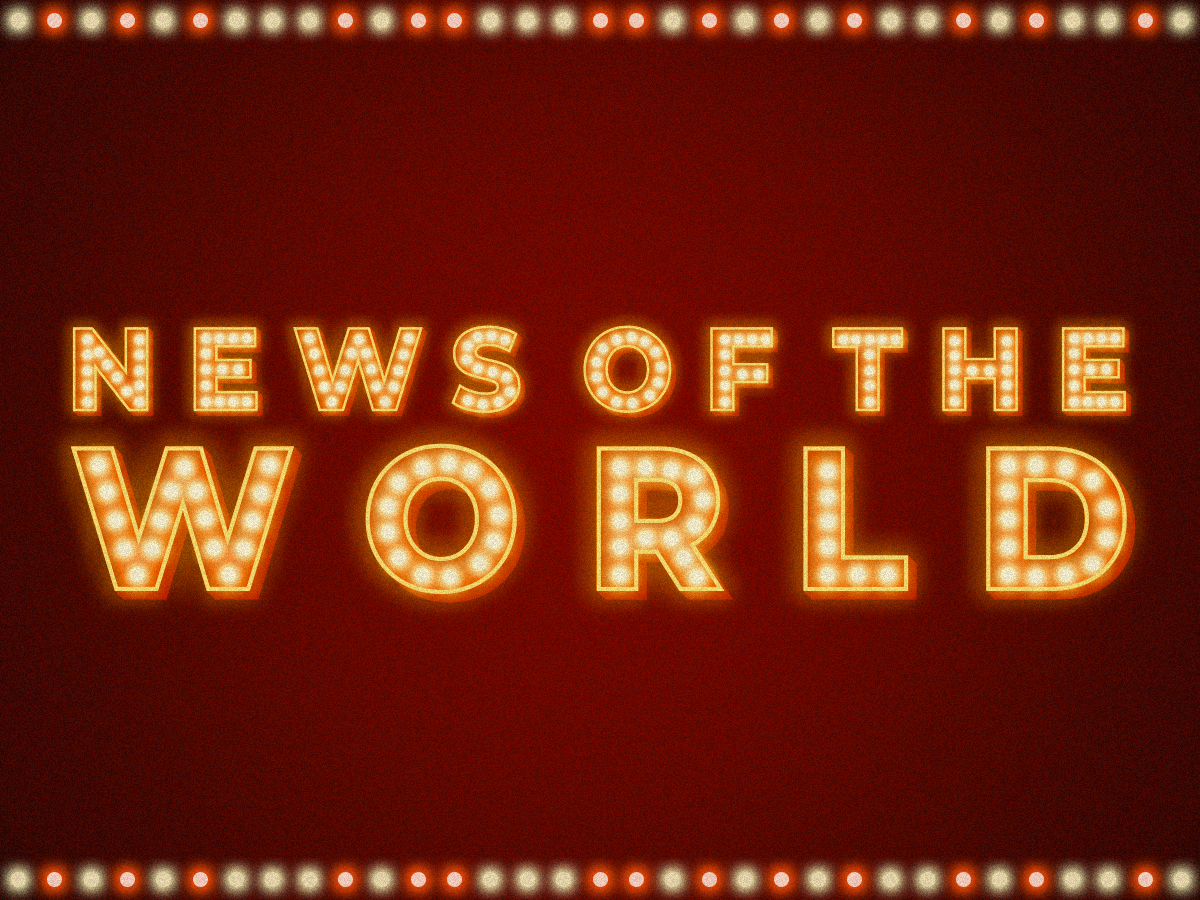
- [NoW] Fugees is back!2021.10.08
